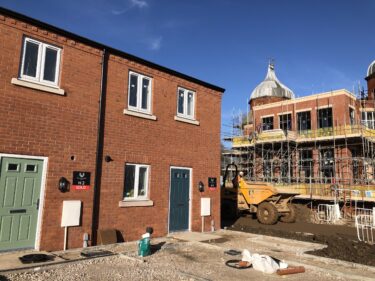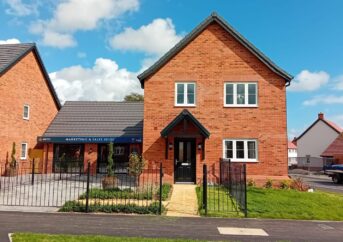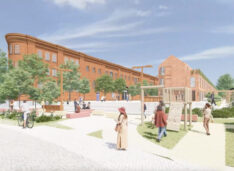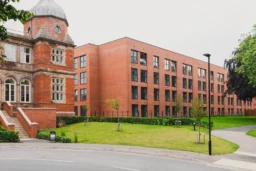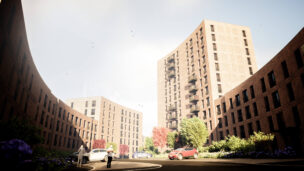Become a Property Developer – Top Tips
Dreaming of becoming a property developer?
It’s essential to start at the basics of defining what a property developer is. In simple terms, it’s a person who adds value to a property. This can be either residential or commercial. It can be the creation of a completely new building or the renovation of an existing one. For example, Wavensmere Homes have a passion for high-quality renovation projects such as Crocketts Lane, which saw the transformation of two Grade II listed buildings into stunning apartments.
A property developer can be an individual or as a large construction firm. There is no minimum or maximum. However, there are differences between property development and property investment.
Property Investment
Property investment involves buying a property, particularly off-plan, that is finished to a modern, high-standard and then letting that property out. However, property developers must first find the location and then fund and orchestrate the build. They will then choose to either let the property out or sell it on – hopefully for a profit!
Property Developer Risks
As with anything in life, there is always risk attached. Property development is no different. Making the wrong decision such as location can be detrimental to success. However, with the right preparation and knowledge, the risk is minimized and you can reap the rewards.
Here are our top tips to achieve your property goal. The Wavensmere Homes way.
- Look for the worst house on the best road
This is a firm favorite with all property developers who are always on the lookout for doer-uppers in great neighborhoods. Whether it’s a solid area or an up and coming one. Finding a doer-upper on a hotspot road also gives you insight into how to design it. Look at the houses nearby for inspiration.
- Location, location, location
Location is vital to success. As discussed, there is a lot of risk in property development. Be mindful on what’s around the property. Is it near a main junction? Is it near a pilon that would inevitably make it difficult to sell? Think about who your demographics are and why they should choose your house to buy.
- Have a contingency plan
Property development 101. As previously mentioned, preparation is key. A contingency plan is there for when risk presents itself. Many unexpected events can occur when building a house. Factors such as flooding, an industrial dispute or supplier failure can all have an adverse effect on your project. It’s essential to have a contingency plan in place to avoid surprise, a lack of preparation and failure.
- Research your comparables
Comparables is a term typically used by estate agents when valuing a property. It means other properties with similar characteristics nearby. They will use comparables to establish what they believe your property should be on the market for. Research these comparables yourself and factor them into planning and budget.
- Never bet on future prices
As the saying goes, there’s no time like the present. Minimise the risk by always going by the current market. Your property is only worth what it currently is. Sadly, there is no crystal ball with the property market.
- Don’t overleverage
Overleveraging is when a company, or person, simply has too much debt. Based on debt ratios, you are over leverage when you have greater than 50% ratio on total debt.”
Keep up to date by following us on social media below.
